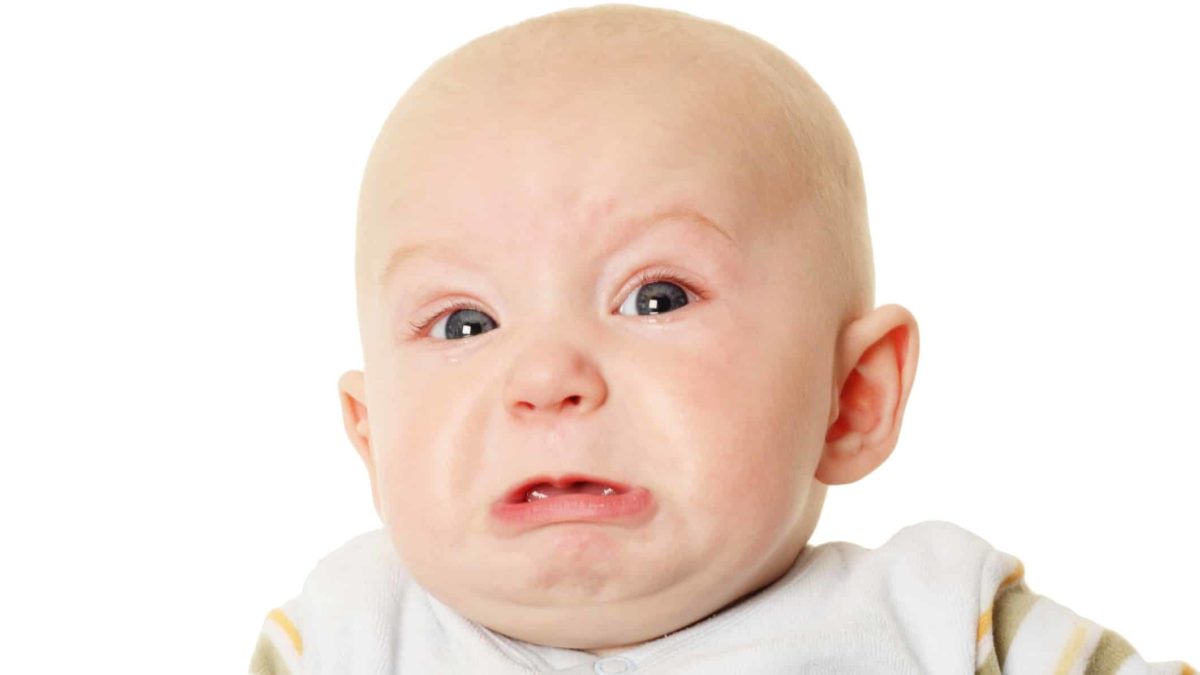This time last year, the Bubs Australia Ltd (ASX: BUB) share price seemed to be heading into the stratosphere.
Shares in the ASX infant formula manufacturer had quickly recovered from the COVID-19 market crash in March and had soared well over 100% higher in less than 2 months. But, since then, things have been decidedly less rosy, with the company's shares trending consistently lower.
The Bubs share price is now valued at just 38.5 cents, only slightly above its 52-week low of 31.5 cents seen on 11 May. This puts Bubs shares down by more than 35% this year.
Company background
Bubs produces a range of infant milk formulas, as well as other food and vitamin supplements for babies and toddlers. The Australian-based company promotes itself as a premium, healthy alternative to other brands, and sources mainly organic ingredients for its products.
As well as cows' milk formulas, Bubs also has a range of products made with Australian goats' milk. This can be easier to digest for babies and toddlers who are more sensitive to lactose.
The company has had quite a lot of success in recent years by targeting the Chinese market. Prior to the pandemic, in the first half of FY20, Bubs reported 19% of its revenues had come directly from China.
The "daigou" channel also accounted for a major part of the sales increase within Australia. Daigou refers to the practice of shoppers in overseas markets purchasing products (mainly luxury items, but also groceries and infant formula) to export directly to individual consumers back in China.
Recent financials
Jump forward to today, and market conditions look a lot different. In the company's most recent financial update, released on 30 April and covering the third quarter of FY21, Bubs reported a 40% decline in gross revenues versus the third quarter of FY20 (to $11.8 million). Despite this, the Bubs share price jumped 5% higher at the time of the release.
Some of this decline was blamed on "pantry stocking" in the prior comparative period – referring to consumers buying more basic items to see them through lockdowns last year. However, daigou sales were also down 15%, contributing to an overall decline in domestic sales of 52%.
Despite the big drop in sales, there were still some promising green shoots to take from the results. Although daigou sales were down versus the prior comparative period, sales through these channels actually increased 19% quarter-on-quarter, showing that sales momentum may be starting to rebuild.
In addition, exports of Bubs-branded products directly to China have remained strong throughout the pandemic, and increased 42% versus the third quarter of FY20.
Change in China strategy
Also included in the company's third quarter FY21 update was the announcement that Bubs had decided to scrap its joint venture with Chinese infant nutrition company Beingmate Co Ltd.
Bubs now plans to set up its own wholly owned subsidiary in China, which should allow it to have more control over sales. As Bubs chair Dennis Lin commented: "Under the new fully controlled China entity, we will have our own China sales structure and the flexibility to leverage profitable growth opportunities."
Foolish takeaway
Despite challenging market conditions, investors will be hoping the company's new approach to China will result in some good news for the Bubs share price.
While domestic sales have declined, Bubs has continued to focus on the fast-growing Chinese market, and it will be fascinating to see whether the company's changing strategy in the region will translate into higher revenues.
Shareholders will be hoping the rewards will justify the risk.









